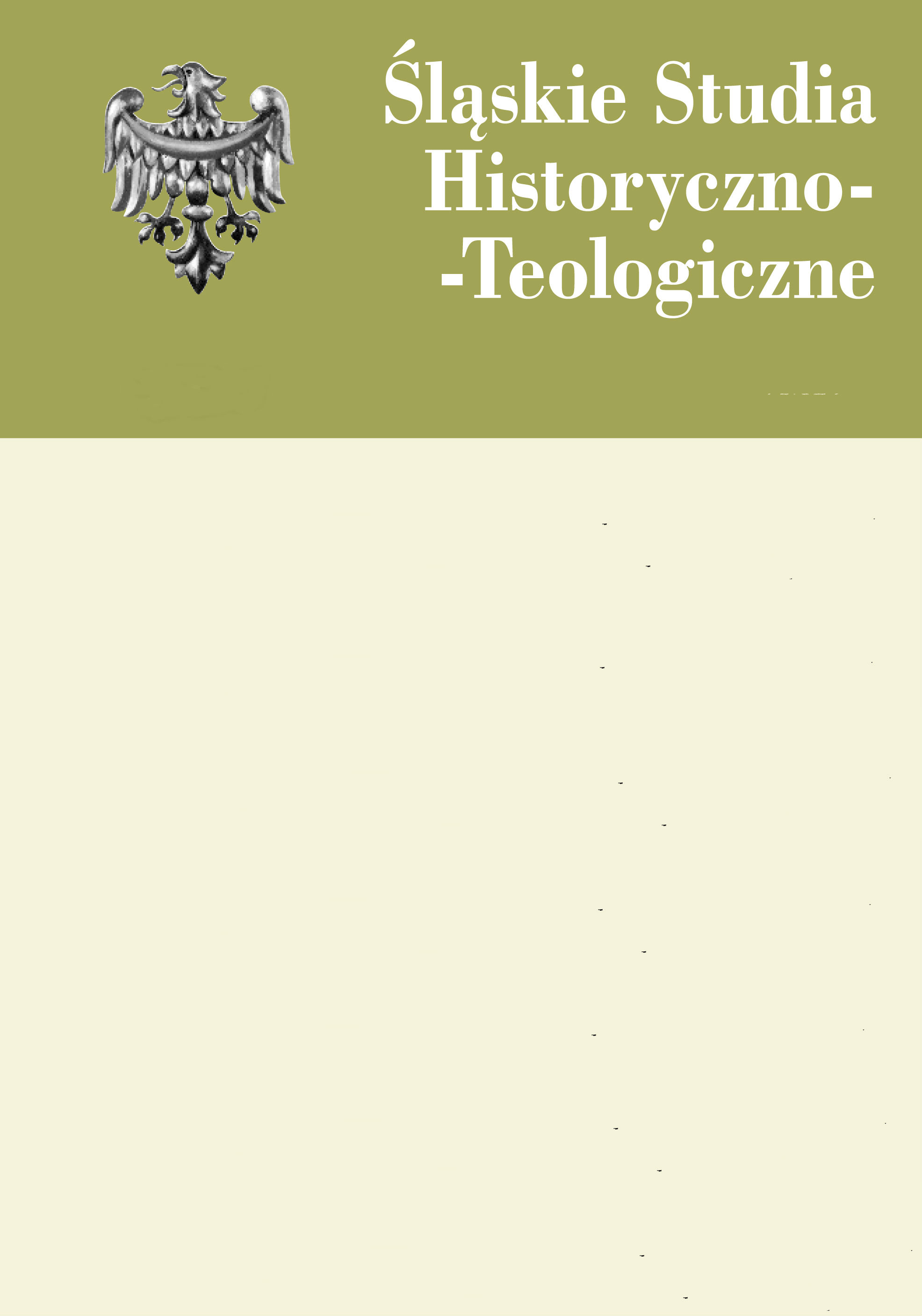Od dowodu na istnienie Boga do liczydła
From the proof of God’s existence to the abacus
Author(s): Marek OtiskSubject(s): Christian Theology and Religion
Published by: Księgarnia Świętego Jacka
Keywords: early scholastic philosophy; Anselm of Canterbury; universalia; proof of God’s existence; seven liberal arts
Summary/Abstract: This paper deals with observing the peripatetic motives and influences of Boethius on the education and thinking of the late 10th and 11th centuries. The connection between Anselm‘s proofs of G od‘s existence from Monologion and Proslogion and so called mensa geometricalis, i.e. the abacus, a counting board used for arithmetical calculations and geometrical demonstrations circa 1,000 A.D., is presented as the entirely natural way of peripatetic interpretation of the intellectual world of Anselm of Canterbury, initiated by Franciscus Salesius Schmitt, through a search for other traces of Aristotelian heritage in the 11th century and in the period around the year 1,000 (primarily under the influence of Boethius‘s texts).
Journal: Śląskie Studia Historyczno-Teologiczne
- Issue Year: 47/2014
- Issue No: 1
- Page Range: 52-61
- Page Count: 10
- Language: English

